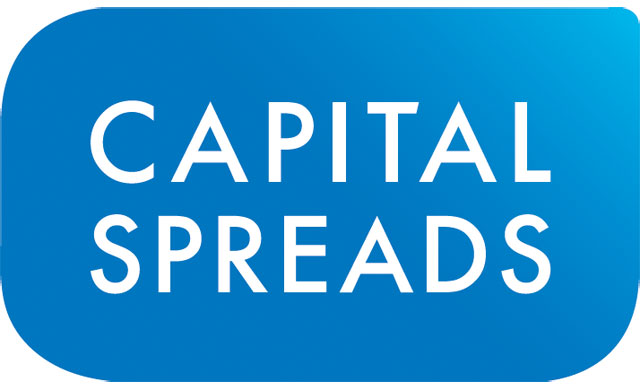LEARN FROM GENERALS OF THE MARKETS – PART 16

“Despite years of experience I still have sleepless nights, but I think this is important
– it is a sign that I am focused and fully committed to my job.” – Stephen Temes
Carl Icahn, who was born on February 16, 1936, is a highly successful investor and businessman. He grew up in New York City, and was educated at Princeton University. He also went to New York School of Medicine, but he didn’t graduate from that school. He started playing the Wall Street in 1961. In 1968, he started a trading company. From 1978, he started to take positions in certain companies where he could influence them, usually to his own advantage, and of course, to the advantage of the shareholders of each company.
In 2008, Forbes mentioned Icahn as the forty-sixth wealthiest person on earth. Around March, 2012, his fortune was mentioned as being worth fourteen billion dollars. Icahn made generous donations to many humanitarian and education causes. As a result of this, buildings, places, etc. are named after him. He’s also been honored with many awards.
Lesson
What are the lessons that can be learned from Icahn?
1. Icahn is a contrarian investor. He’d invest in companies whose shares were thought to be very cheap. There’s something the Wall Street calls “Icahn Lift,” which means that the shares of a company could start rallying when Icahn buys them. He’d struggle with companies he believed weren’t properly managed (after he’d purchased enough positions to be able to do this). The purpose of the struggles was to effect changes in those companies, so that the following results could benefit those who’d invested in those companies. He said some CEOs were being paid for doing something nasty. But it was from the nastiness that he made his money (as some others also did). He used other professionals’ weaknesses to his own benefit. This is one of his most effective investing strategies – things that made him a multibillionaire. How can you benefit yourself from others’ errors on the battlefield of the financial markets?
2. Of course, this strategy, though effective, wasn’t always bringing exactly the desired results. Yet, Icahn is hugely successful. This means that if you’ve a good trading or investing strategy, it won’t bring the desired results always, but in the end you should be a victorious market speculator. Icahn investment style works out because his Partners hedge fund usually posts decent profits on a yearly basis.
3. The markets have immense riches in them. Making money is no evil, provided it’s done in legitimate ways. “I make money. Nothing wrong with that. That’s what I want to do. That’s what I’m here to do. That’s what I enjoy.” Icahn himself says. So if you want to, and do, make money in the markets, there’s nothing wrong with that. You should be rewarded for your determined effort.
Conclusion: Caution notices are present in here and there, whether you buy new gadgets or some playthings. Medicines also have some paper that contains a notice about what might go contrary to expectations. The caution in trading is that it carries risk, yet great riches are brought to market wizards by that risk. Top traders have their own share of heartaches and faults, but their steadfast determination result in much success.
This piece is ended with a quote from Icahn:
“When most investors, including the pros, all agree on something, they’re usually wrong.”

 Hot Features
Hot Features













